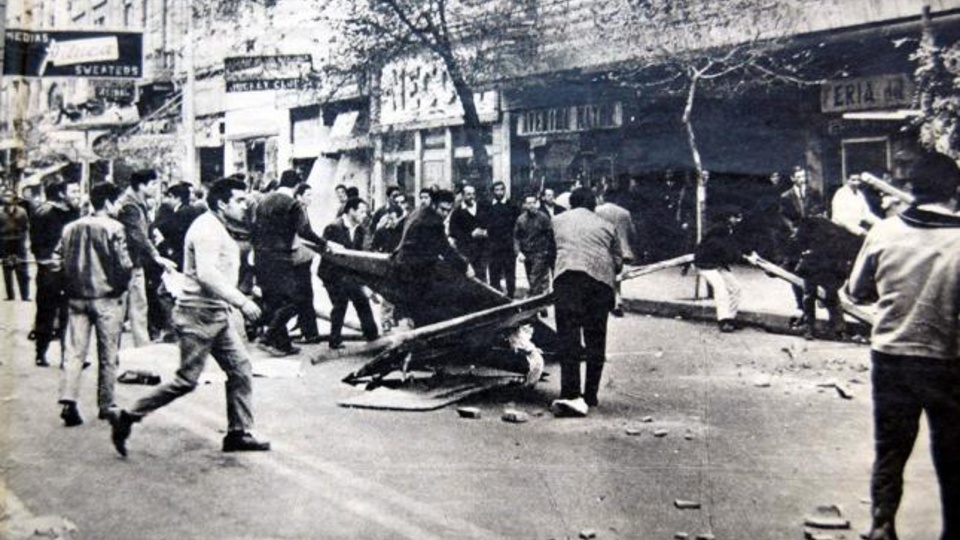
[ad_1]
In May 29 ephemeris These events that happened on a day like today in Argentina and around the world stand out:
● 1876. In Santiago del Estero was born Andrés Chazarreta, known as the Patriarch of Folklore in Argentina. He collected dances from the northern provinces. He enriched the songbook with songs like “La Telesita” and “Zamba de Vargas”. The presentation in Buenos Aires of his Conjunto de Arte Nativo del Norte, in 1921, marked the entry of folklore into the capital. In his memory, the date of his birth was established as the national holiday of the Argentine folklorist.
● 1913. A breakthrough work begins in Paris and causes a scandal: the ballet Spring consecration, by Igor Stravinsky, caused a buzz among the audience at the Théâtre des Champs-Élysées. The audience is divided between admirers and detractors of the ballet representing the pagan tribes of ancient Russia. The score is full of novelties in terms of rhythm, tone and dissonance. It is considered to be one of the greatest musical works of the twentieth century.
● 1953. New Zealander Edmund Hillary and Sherpa Tenzing Norgay make history by conquering the summit of Mount Everest. This is the first time that a mission has reached the world’s highest peak, 8,848 meters. Hillary and Norgay were part of the Ninth British Himalayan Expedition. Although history credits Hillary with being the first man at the top, he has always maintained that he came alongside Norgay.
● 1969. One of the decisive events of 20th century Argentina takes place: the Cordobazo. Workers and students march through the city of Cordoba, as part of a strike that began that day. The scale of the protest exceeds the repressive capacity of the police. The strikers set up barricades and take control of the streets. The situation forces the intervention of the army. The leaders of the event are Agustín Tosco, from Luz y Fuerza, and Elpidio Torres, from Smata. The repression kills four. Tosco and Torres are tried by a council of war, which sends them to prison. Argentina is not the same after May 29: Onganía’s dictatorship weakens and, little by little, exile Juan Domingo Perón returns to gain importance.
● 1970. Two men dressed as soldiers take Pedro Eugenio Aramburu from his apartment in Buenos Aires. Two days later, a statement from a group called Montoneros announces that the former dictator has been taken for a revolutionary trial. They accuse him of the overthrow of Juan Perón, the theft of Evita’s body and the 1956 executions. Aramburu is killed on June 1. The kidnapping accelerates the fall of Juan Carlos Onganía and his replacement by Roberto Levingston. Aramburu’s body was found in Timote, a city of Carlos Tejedor’s Buenos Aires party, more than 400 kilometers from the capital, on July 16. The event marks the emergence of Montoneros in the political life of the country.
It is also the day of the army.
.
[ad_2]
Source link
 Naaju Breaking News, Live Updates, Latest Headlines, Viral News, Top Stories, Trending Topics, Videos
Naaju Breaking News, Live Updates, Latest Headlines, Viral News, Top Stories, Trending Topics, Videos